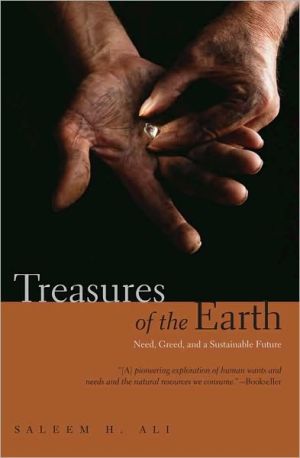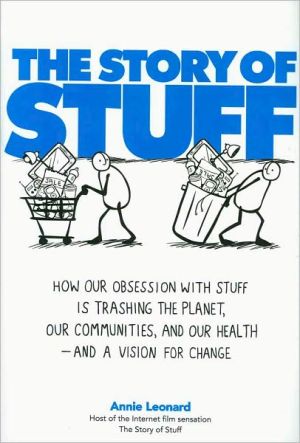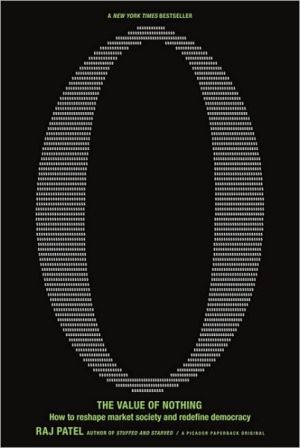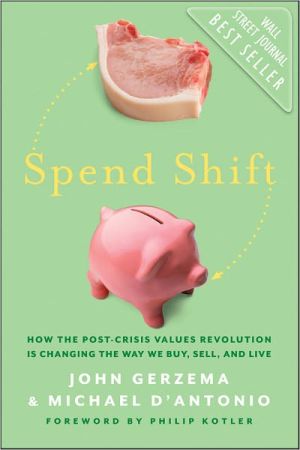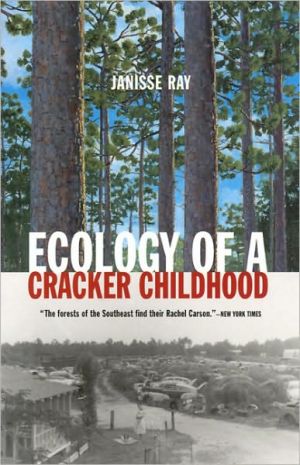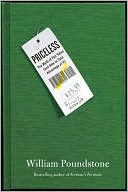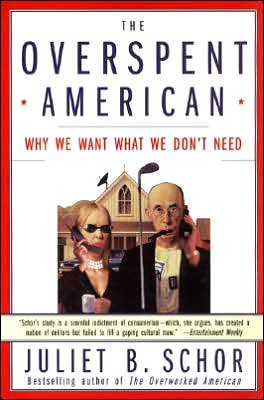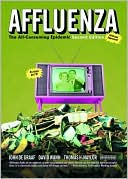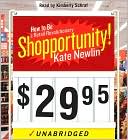Treasures of the Earth: Need, Greed, and a Sustainable Future
Would the world be a better place if human societies were somehow able to curb their desires for material goods? Saleem Ali's pioneering book links human wants and needs by providing a natural history of consumption and materialism with scientific detail and humanistic nuance. It argues that simply disavowing consumption of materials is not likely to help in planning for a resource-scarce future, given global inequality, development imperatives, and our goals for a democratic global society....
Search in google:
Would the world be a better place if human societies were somehow able to curb their desires for material goods? Saleem Ali's pioneering book links human wants and needs by providing a natural history of consumption and materialism with scientific detail and humanistic nuance. It argues that simply disavowing consumption of materials is not likely to help in planning for a resource-scarce future, given global inequality, development imperatives, and our goals for a democratic global society. Rather than suppress the creativity and desire to discover that is often embedded in the exploration and production of material goods—which he calls “the treasure impulse”—Ali proposes a new environmental paradigm, one that accepts our need to consume “treasure” for cultural and developmental reasons, but warns of our concomitant need to conserve. In evaluating the impact of treasure consumption on resource-rich countries, he argues that there is a way to consume responsibly and alleviate global poverty. Publishers Weekly Ali, an associate environmental studies professor at the University of Vermont, examines humanity's “treasure impulse”—our drive to collect items of value—and chronicles the destruction that our appetite for gold, iron ore, diamonds and oil has wrought upon the earth. With a historical tour of the treasure impulse from the Bronze Age to conceptual art dealing, the book comes to an admirably pragmatic thesis—namely that consumption cannot be reasonably curbed, but can be altered significantly to propel development while becoming more environmentally responsible. Novel and potentially effective proposals are made (such as a campaign—along the lines of nutrition labels found on food—that would make consumers aware of the environmental impact of various products), but not explored to a satisfactory degree. Much of the material should be of wide interest, but it is hampered by dry language and meandering arguments. And despite its wide-ranging cultural references and explanations of such basics as the periodic table, the book is not always friendly to lay readers, occasionally resorting to abstruse academic jargon. (Nov.)
\ Bookseller"[A] pioneering exploration of human wants and needs and the natural resources we consume."—Bookseller\ \ \ \ \ www.treasurebook.infoClick here to visit the author's website.\ \ \ \ Scientific AmericanA Recommended Book in the January 2010 issue of Scientific American.\ — Kate Wong\ \ \ \ \ \ Forbes Magazine“Saleem H. Ali is pro-consumption and pro-environment.”--Forbes Magazine\ \ \ \ \ National GeographicSaleem Ali has been selected as the National Geographic Emerging Explorer for 2010.\ — Emerging Explorer\ \ \ \ \ \ Muhammad Yunus"This book provides a welcome linkage between environmental behavior and poverty alleviation. Ali's call for harnessing the earth's resources efficiently and equitably deserves to be heeded by all sectors of society and used as a means of spurring innovations towards sustainable development."—Muhammad Yunus; Founder, Grameen Bank; Nobel Peace Prize Laureate, 2006\ \ \ \ \ \ R. K. Pachauri"This book deals with equity and ethical dimensions of production and consumption across the planet—issues that are likely to become a growing source of tension between different countries. Hence, knowledge about how treasures of the earth should be utilized equitably would help in framing appropriate policies for the future."—R. K. Pachauri, Director General, The Energy and Resources Institute (TERI), and Chairman, Intergovernmental Panel on Climate Change (IPCC). Along with former Vice President Al Gore, the IPCC under Dr. Pachauri's Chairmanship was awarded the Nobel Peace Prize for the year 2007\ \ \ \ \ Thomas Graedel"The history of human relationships with Earth's resources is an important story and Ali tells it from an extraordinarily wide perspective. The interaction of our fascination with these materials and the implications of consumption behavior for the environment deserves the attention that Ali gives it in this quest to understand the psychology of treasure-seeking."-Thomas Graedel, Yale University\ \ \ \ \ John Gowdy“This compelling narrative about the social, economic, and environmental effects of the quest for mineral wealth shows the human impulse of ‘acquisitiveness.’ Ali distinguishes between ‘needs’ and ‘wants’ to develop the links between consumption, environmental degradation, and human well-being.”—John Gowdy, Rensselaer Polytechnic Institute\ \ \ \ \ Scientific AmericanA Recommended Book in the January 2010 issue of Scientific American.\ \ \ \ \ ForeWord MagazineFinalist for the 2009 Book of the Year Award, presented by ForeWord magazine\ \ \ \ \ Forbes Magazine“In a book that ranges from geology to psychology, with a history of metallurgy along the way, [Ali] argues that sometimes a nation has to extract a nonrenewable resource like oil, or tricky-to-recycle metals and gems, in order to leapfrog from dire poverty to a more diversified economy.”--Elisabeth Eaves, Forbes Magazine\ \ \ \ \ \ Journal of Markets and Morality“An excellent read for anyone who wants to have in hand a summary of what is going on today in the ecology of extractive industries. . . . The author has scoured the world for stories. . . and his efforts have been generously rewarded.”--Joel Gibbons, Journal of Markets and Morality\ \ \ \ \ National GeographicSaleem Ali has been selected as the National Geographic Emerging Explorer for 2010.\ \ \ \ \ Huffington Post"[This book] acknowledges that our obsession for all that bling yields environmental destruction and social inequity but also fuels creativity, the desire for discovery, and needed economic development. Properly channeled, the treasure impulse might actually propel us toward a fairer and better world."--Naazish YarKhan, Quick Picks and Must Reads, Huffington Post\ \ \ \ \ \ Forbes Magazine“In a book that ranges from geology to psychology, with a history of metallurgy along the way, [Ali] argues that sometimes a nation has to extract a nonrenewable resource like oil, or tricky-to-recycle metals and gems, in order to leapfrog from dire poverty to a more diversified economy.”--Elisabeth Eaves, Forbes Magazine\ — Elisabeth Eaves\ \ \ \ \ \ Bookseller"[A] pioneering exploration of human wants and needs and the natural resources we consume."—Bookseller\ \ \ \ \ \ Huffington Post"[This book] acknowledges that our obsession for all that bling yields environmental destruction and social inequity but also fuels creativity, the desire for discovery, and needed economic development. Properly channeled, the treasure impulse might actually propel us toward a fairer and better world."--Naazish YarKhan, Quick Picks and Must Reads, Huffington Post\ — Naazish YarKhan\ \ \ \ \ \ Journal of Markets and Morality“An excellent read for anyone who wants to have in hand a summary of what is going on today in the ecology of extractive industries. . . . The author has scoured the world for stories. . . and his efforts have been generously rewarded.”--Joel Gibbons, Journal of Markets and Morality\ — Joel Gibbons\ \ \ \ \ \ Publishers WeeklyAli, an associate environmental studies professor at the University of Vermont, examines humanity's “treasure impulse”—our drive to collect items of value—and chronicles the destruction that our appetite for gold, iron ore, diamonds and oil has wrought upon the earth. With a historical tour of the treasure impulse from the Bronze Age to conceptual art dealing, the book comes to an admirably pragmatic thesis—namely that consumption cannot be reasonably curbed, but can be altered significantly to propel development while becoming more environmentally responsible. Novel and potentially effective proposals are made (such as a campaign—along the lines of nutrition labels found on food—that would make consumers aware of the environmental impact of various products), but not explored to a satisfactory degree. Much of the material should be of wide interest, but it is hampered by dry language and meandering arguments. And despite its wide-ranging cultural references and explanations of such basics as the periodic table, the book is not always friendly to lay readers, occasionally resorting to abstruse academic jargon. (Nov.)\ \ \ \ \ Huffington Post[This book] acknowledges that our obsession for all that bling yields environmental destruction and social inequity but also fuels creativity, the desire for discovery, and needed economic development. Properly channeled, the treasure impulse might actually propel us toward a fairer and better world.—Naazish YarKhan, Quick Picks and Must Reads, Huffington Post\ — Naazish YarKhan\ \ \ \ \ \ Journal of Markets and MoralityAn excellent read for anyone who wants to have in hand a summary of what is going on today in the ecology of extractive industries. . . . The author has scoured the world for stories. . . and his efforts have been generously rewarded.—Joel Gibbons, Journal of Markets and Morality\ — Joel Gibbons\ \ \ \ \ \ ForeWord MagazineFinalist for the 2009 Book of the Year Award, presented by ForeWord magazine\ — Book of the Year Award\ \ \
